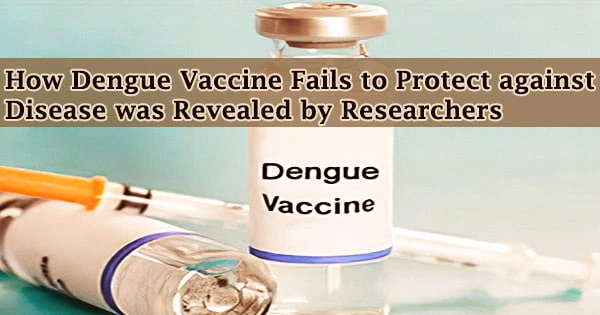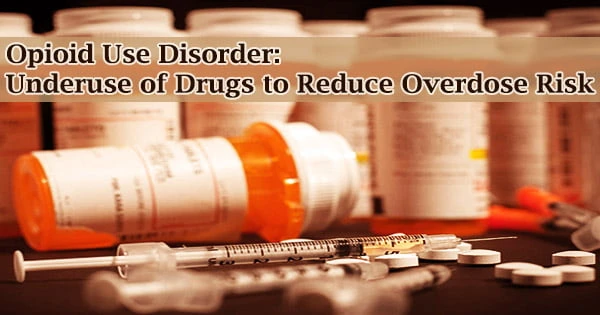Because the pathogen is made up of four different viral kinds, or serotypes, developing a successful vaccine for the dengue virus has been difficult. If a vaccine does not protect against all four, it may cause more harm than good.
The UNC School of Medicine lab of Aravinda de Silva, Ph.D., professor in the UNC Department of Microbiology and Immunology, investigated samples from children enrolled in a dengue vaccine trial to identify the specific kinds of antibody responses that correlate with protection against dengue virus disease to help vaccine developers overcome this hurdle.
Dengue fever is a viral ailment spread to people by infected mosquito bites. Aedes aegypti mosquitoes and, to a lesser extent, Aedes albopictus mosquitoes are the principal carriers of the disease. The researchers revealed that a small subset of antibodies that attach to certain locations on each serotype are associated with protection.
The study, which was published in the Journal of Clinical Investigation, gives vaccine developers vital information to consider while developing a dengue vaccine, which has long baffled experts.
Dengue/severe dengue does not have a specific treatment. Early detection of disease development associated with severe dengue, as well as access to competent medical care, reduces severe dengue fatality rates to less than 1%.
Our results suggest that a safe and effective dengue virus vaccine needs to stimulate neutralizing antibodies targeting unique sites on each of the four dengue serotypes. Not merely the neutralizing antibodies against cross-reactive epitopes common to all four dengue types.
Cameron Adams
Dengue virus is a flavivirus spread by mosquitos that infect hundreds of millions of people each year in Southeast Asia, the western Pacific Islands, Africa, and Latin America. Flu-like symptoms are reported by about 100 million people.
Dengue fever has become far more common over the world, with about half of the world’s population being at risk. Despite the fact that an estimated 100-400 million infections occur each year, over 80% of them are moderate and asymptomatic.
Though the virus is rarely fatal, it can cause serious disease, particularly when a person who has already been infected with one serotype (and recovered) is then infected with a different serotype. Because of a process is known as antibody-dependent enhancement, antibodies from the first infection aid viral replication during the second infection.
This effect can be mimicked by a dengue vaccine-induced antibody response that is weighted towards a single dengue virus serotype.
For years, several vaccines have been in clinical trials, and the majority of them have been shown to elicit neutralizing antibodies against all four serotypes. However, studies have demonstrated that the production of neutralizing antibodies does not guarantee protection from clinical illness.
The de Silva group conducted tests to examine the properties of antibodies against wild-type Dengue viruses with antibodies produced by Dengvaxia, a leading vaccine candidate developed by Sanofi Pasteur combining all four dengue virus serotypes in a single formulation.
Experiments led by Sandra Henein, a research associate in the UNC Department of Microbiology and Immunology, and Cameron Adams, a medical and graduate student in the UNC Medical Scientist Training Program (MD/Ph.D.), revealed that wild type infections resulted in neutralizing and protective antibodies that recognized a part of the virus called an epitope that is unique to each serotype.
However, the vaccine mostly induced neutralizing antibodies that recognized epitopes shared by all serotypes. These antibodies did not protect children from dengue fever in vaccination trials.
Previously, experts believed that all dengue neutralizing antibodies were protective in humans. According to this UNC-led study, this does not appear to be the case.
“Our results suggest that a safe and effective dengue virus vaccine needs to stimulate neutralizing antibodies targeting unique sites on each of the four dengue serotypes,” Adams said. “Not merely the neutralizing antibodies against cross-reactive epitopes common to all four dengue types.”
















